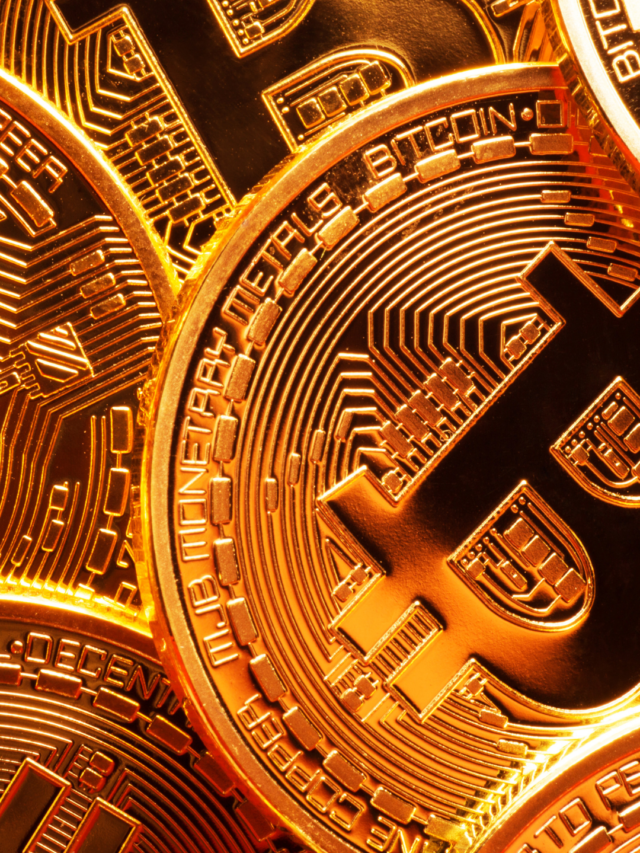
While the crypto world is experiencing an NTF boom, and non-fungible tokens are increasingly causing FOMO among users, cases of fraud by NFT artists are starting to appear in the media.
Thus, a supposed 17-year-old 3D digital artist has sold $138,000 worth of fake NFTs on Solana and disappeared lately; instead of artworks, buyers received random emojis. This is not the first such case – nor, we are afraid, the last.
How to protect your money when buying or selling an NFT? How can platforms and NFT markets keep their users safe? Which tools would allow verifying the authenticity of the artwork?
Ryan Wilkinson, co-founder of Blockasset, – a one-stop-shop platform connecting athletes, sports and ticketing agencies, clubs, and fans, – shared some security tips for all participants in the NFT market with Invezz.
Q: Given the rapid development of this sector, NFT scams are becoming a pressing problem. Can you share some security tips for buyers and sellers?
A: Sadly, where money is, fraudsters are, too. Just as last year’s DeFi explosion caused millions of dollars in losses through hacks, scams, and rug pulls, this year’s NFT boom has been attracting bad actors to the space.
My first tip would be to be wary of any person who approaches you on sites like Discord: many scammers have attempted to trick others by posting fake links to the NFT marketplace OpenSea with seemingly cheap listings. Second, if you’re participating in drops, it’s best to use a burner wallet with enough ETH, then move your tokens to a cold storage address. Third, be very careful using a hot wallet like MetaMask (they should only ever hold smaller amounts). And fourth, look out for deceptive bids on your listings: sweepers sometimes bid 5 DAI rather than, say, 5 ETH in the hope of tricking sellers.
Q: What other tricks should NFT investors be aware of, apart from Discord scams?
A: Loads of companies create bots on social media websites like Twitter and Instagram. These bots will DM other users providing ‘deals’ on NFTs and ‘exclusive drops’ on new launches. It’s best to ignore and block these accounts immediately, as the majority of them are scam projects.
The same mantra applies to Telegram, where many legitimate NFT groups also exist. Scammers will message people in existing NFT groups asking users to join their new ones. Once again, it’s best to ignore and report such messages. And finally, be smart about where you invest and look out for the projects that will endure: remember that this is still the Wild West of finance.
Q: You recommend people who are taking part in drops move their tokens to a cold storage address. Why should hot wallets like MetaMask be avoided or only used to hold smaller amounts? What makes them unsafe, specifically? Is there any reliable way to secure a MetaMask wallet?
A: Hot wallets like MetaMask are always connected to the internet. That means constant exposure to threats from bad actors, hackers, and other online dangers.
Plus, token drops are often widely advertised: depending on the project, bad actors can see which wallet addresses are sent tokens. All of those addresses are potential targets, so your best choice would be to move tokens from your hot wallet as soon as possible.
Q: What is the best wallet backup for NFT wallet keys?
A: Interestingly, backing up an NFT seed phrase requires the same steps as backing up traditional crypto wallet seed phrases. In that vein, a physical metal wallet is the best way to store a phrase for the long term. Metaphorically, it gets engraved into metal that’s waterproof, fireproof, and is otherwise incredibly environment-resistant.
Q: What is the best wallet for storing NFT collectibles?
A: While hot wallets are great for short-term storage, hardware wallets like Ledger or Trezor are the way to store long-term. Hardware wallets are similar to a USB drive, storing your keys offline when not connected to a device.
Hardware wallets provide additional security features like two-factor authentication and what’s called a secure element chip that provides more encryption than other wallet types. When it’s time to use your NFTs, you can also connect a hardware wallet to online wallets like MetaMask or Phantom on Solana for convenience’s sake. This way, your keys are still private and secure but still usable with various DeFi applications.
Is Ethereum’s ERC721 token standard still the best for NFTs or has something better come along / will come along soon?
The thing with ERC-721 is, this standard has hardly been tested en masse. There are many applications we haven’t seen yet, like how they’ll perform in a massive metaverse game. Another problem is that the current Ethereum blockchain is limiting the NFT market: the project struggles at scale and is in no state to appeal to a mainstream audience. Of course, these problems will at least in part be fixed within the next two years with Ethereum 2.0. At that point, we’ll get to see how NFTs work at scale, and if the ERC-721 protocol holds up.
That said, there are already blockchain networks growing their own DeFi ecosystems such as the Solana protocol. The platform offers what it calls a Metaplex facility specific to NFT projects. Thanks to Metaplex and Solana’s proof-of-history consensus method, users enjoy lower fees, faster speeds, and better security than competitors like Ethereum.
Even as it scales, Solana aims to be the industry’s most programmable blockchain when it comes to DeFi. While that programmability doesn’t differentiate Solana too much from other networks, the protocol excels thanks to its ability to provide over 50,000 transactions per second without sacrificing decentralization.
So while ERC-721 tokens remain the most popular NFT standard, projects like Solana are aiming to take Ethereum’s throne with improved technology and transaction speeds.
The post How to protect your money when trading with NFTs? Q&A with Ryan Wilkinson, Blockasset cofounder appeared first on Invezz.
from NFTs – Invezz

